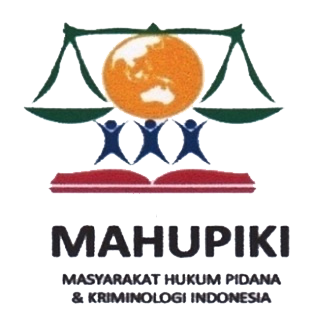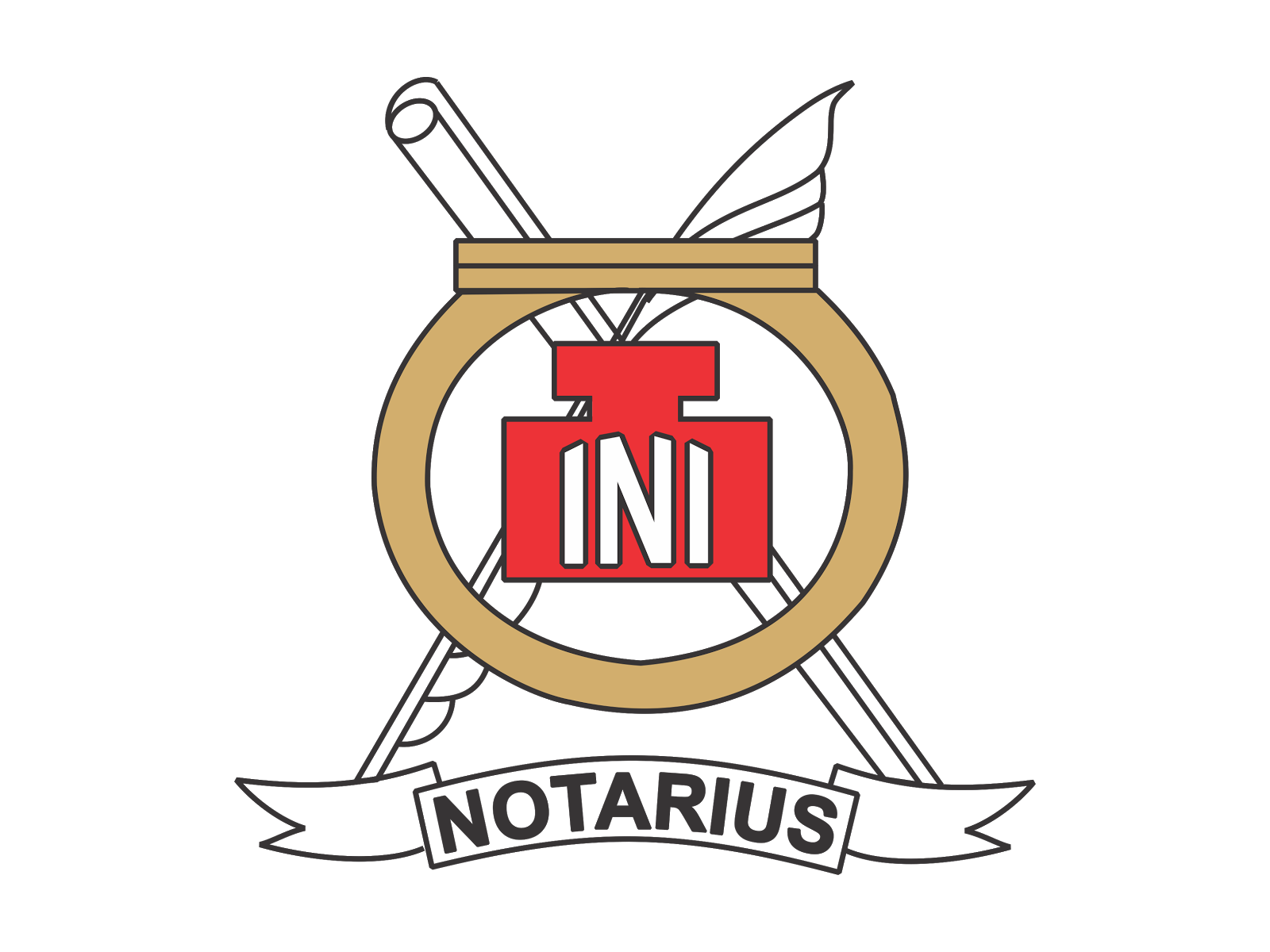Combating Maritime Piracy in Indonesia Based on International Criminal Law
DOI:
https://doi.org/10.35586/jhs.v2i1.8796Keywords:
Crime, Piracy, InternationalAbstract
In the Indonesian Dictionary (KBBI), pirates have the meaning of pirates. Pirates or in other words, ship hijacking is a form of maritime crime. It is very familiar to us to know the piracy of the high seas carried out by foreign and domestic ships. The crime of piracy is a serious threat to international security. The crime of piracy at sea is an act of violence carried out for personal gain by the crew or passengers of a ship and directed on the high seas against another ship in a place outside the jurisdiction of any country. This article aims to analyze the jurisdiction of a country to reduce the number of maritime piracy crimes in Indonesia. This research uses doctrinal research. Doctrinal legal research is research on law that is conceptualized and developed on the basis of the doctrine adopted by the drafter and/or developer. Sources of legal information use primary legal materials (relevant regulations and documents) for further qualitative analysis. The approach used is legislation, conceptual, and analysis in helping to solve the problem formulation. To try the perpetrators of the crime of piracy, international law has handed over its authority to all countries, namely the application of the principle of universal jurisdiction.
References
Ariadno, M. K. Hukum Internasional. Jakarta: Diadit Media, 2007.
Atmasasmita, R. Pengantar Hukum Pidana Internasional II. Jakarta: Hecca Mitra Utama, 2004.
Buntoro, K. “Antara Piracy dan Armed Robbery At Sea (Tinjauan Singkat Keamanan di Selat Malaka)”.
Dumais, L. Pembajakan dan Perompakan di Laut, Laporan Pelaksanaan Temu Wicara Kerjasama ASEAN dalam Menanggulangi Kejahatan Lintas Negara. Jakarta: Departemen Luar Negeri, 2001.
Mauna, B. Hukum Internasional. Bandung: Alumni, 2005.
Pangestu, M. R., & Rosyidin, M. "Ketidakefektifan Malacca Strait Patrol dalam Mengatasi Pembajakan dan Perompakan di Selat Malaka dan Singapura”. https://doi.org/10.14710/jirud.v5i1.22696
Prabowo, E. B. “Penindakan Terhadap Perompakan Di Selat Malaka Oleh Tentara Nasional Indonesia Angkatan Laut”.
Rahman, A. F. N., & Susiatiningsih, R. H. “Memberantas Kejahatan Transnasional di Jalur Segitiga Asia Tenggara, Wilayah Perairan Laut Sulu”.
Sefriani. Hukum Internasional. Jakarta: Rajawali Pers, 2010.
Simanjuntak, M. “TNI Angkatan Laut Sebagai Penegak Hukum Dan Sekaligus Penyidik Tindak Pidana Di Laut”. https://doi.org/10.35968/jh.v8i2.256
Suproboningrum, L. “Peran Diplomasi Maritim Dalam Keberhasilan Patroli Terkoordinasi Indonesia-Malaysia-Singapura Untuk Menekan Angka Pembajakan Dan Perompakan Laut Di Selat Malaka”. https://doi.org/10.20473/jhi.v11i1.4836
Utomo, G. W. S., & Soepandi, S. “Penerapan Hukum Terhadap Pembajakan Dan Perompakan Di Selat Malaka”.
Downloads
Published
How to Cite
Issue
Section
License

This work is licensed under a Creative Commons Attribution-ShareAlike 4.0 International License.
Authors who publish with this journal agree to the following terms:
- Authors retain copyright and grant the journal right of first publication with the work simultaneously licensed under a Creative Commons Attribution-ShareAlike 4.0 International License that allows others to share the work with an acknowledgement of the work's authorship and initial publication in this journal.
- Authors are able to enter into separate, additional contractual arrangements for the non-exclusive distribution of the journal's published version of the work (e.g., post it to an institutional repository or publish it in a book), with an acknowledgement of its initial publication in this journal.
- Authors are permitted and encouraged to post their work online (e.g., in institutional repositories or on their website) prior to and during the submission process, as it can lead to productive exchanges, as well as earlier and greater citation of published work (See The Effect of Open Access).
Jurnal Statuta have CC-BY-SA or an equivalent license as the optimal license for the publication, distribution, use, and reuse of scholarly work.
In developing strategy and setting priorities, Jurnal Statuta recognize that free access is better than priced access, libre access is better than free access, and libre under CC-BY-SA or the equivalent is better than libre under more restrictive open licenses. We should achieve what we can when we can. We should not delay achieving free in order to achieve libre, and we should not stop with free when we can achieve libre.
You are free to:
- Share — copy and redistribute the material in any medium or format
- Adapt — remix, transform, and build upon the material for any purpose, even commercially.
The licensor cannot revoke these freedoms as long as you follow the license terms.

Jurnal Statuta licensed under a Creative Commons Attribution-ShareAlike 4.0 International License.











